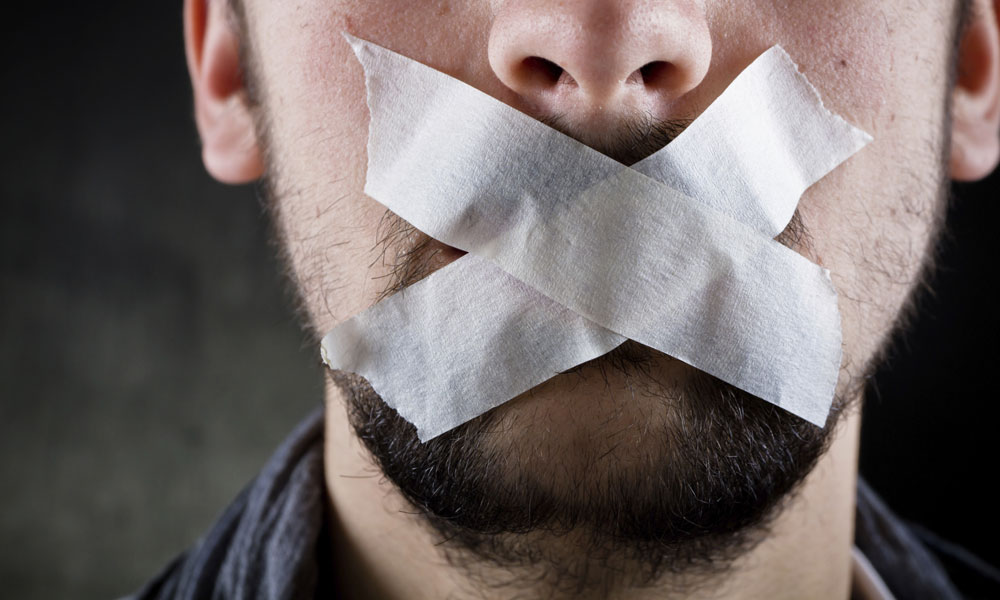
Academic Groups Blast Social Media Policy for Kansas Faculty
In reaction to blowback from a controversial tweet written by a University of Kansas professor, the state university system’s board of regents passed a rule last week allowing for the firing of academic staffers who make contentious statements on social media. University groups say the rule violates speech rights.
Emotions were running high on the day of the mass shooting at the Washington Navy Yard last September. And in Kansas—nearly 1,100 miles away from Washington, DC—educators are still dealing with the fallout from that day.
That’s because a professor’s controversial tweet attacking the National Rifle Association and gun-rights activists has raised significant questions about what officials in the state’s university system may say publicly. With new rules arising directly out of the controversy, groups are starting to speak up. More details:
The professor’s tweet: Last September, University of Kansas associate journalism professor David Guth posted a tweet in which he not only criticized the NRA but suggested that the victims of a future shooting should be the children of gun-rights supporters. The tweet drew widespread condemnation, and the school suspended Guth, who only returned to his job in April.
We believe that not only runs against the principles of academic freedom but the principles of free speech in our very nation.
Setting a policy: In the wake of Guth’s suspension, the Kansas Board of Regents worked out a proposal on faculty social media practices, which raised serious free-speech questions and was initially tabled in January for further review. But a revised version of the rule, which allows for “progressive discipline measures pursuant to board or university policy, up to and including suspension, dismissal, and termination” for improper social media usage at state universities, passed unanimously last week. The action drew protest from professors who showed up for the vote, many wearing “Free Speech” stickers, according to The Topeka Capital-Journal.
Criticism from academia: Several academic groups, including the American Association of University Professors [PDF] and the Foundation for Individual Rights in Education, have criticized the policy. University of Kansas associate professor Ron Barrett-Gonzalez, who leads AAUP’s local chapter, said the plan was “fundamentally un-American” and could chill free speech. “The most disturbing aspects of what they have done is they have connected punitive measures to lawful speech,” he told local radio station KCUR-FM. “We believe that not only runs against the principles of academic freedom but the principles of free speech in our very nation.”
The updated policy highlights portions of AAUP’s 1940 Statement of Principles, which balances freedom-of-speech concerns with professional responsibilities.
“When they speak or write as citizens, they should be free from institutional censorship or discipline, but their special position in the community imposes special obligations,” the statement says.
(iStock/Thinkstock)






Comments